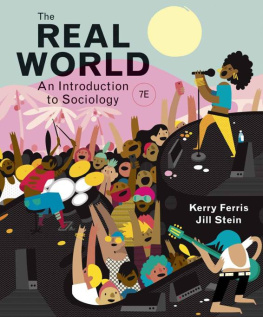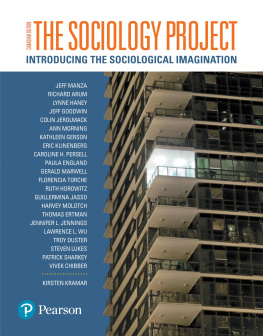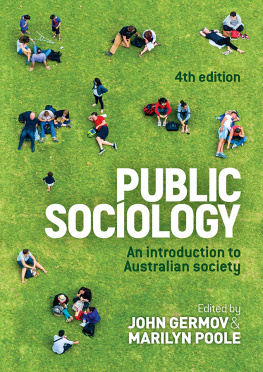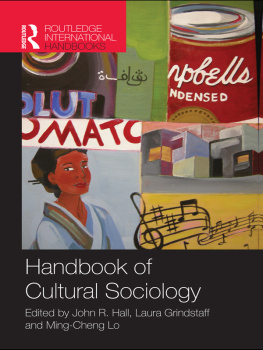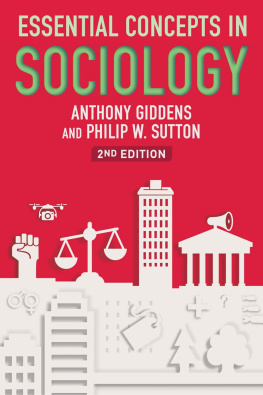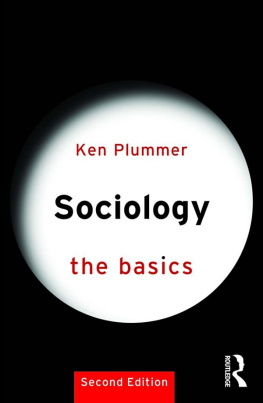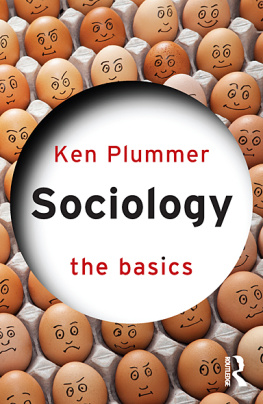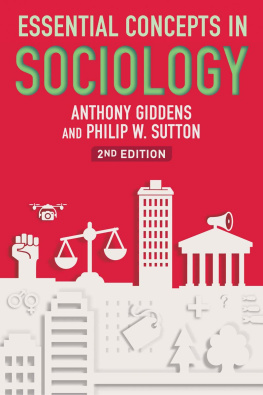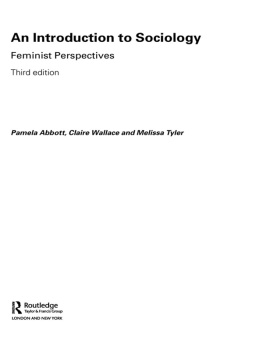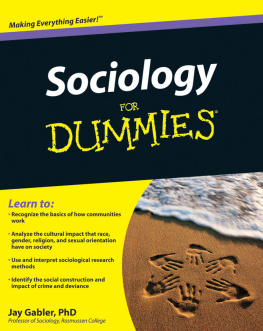SAGE Publications Ltd
1 Oliver's Yard
55 City Road
London EC1Y 1SP
SAGE Publications Inc.
2455 Teller Road
Thousand Oaks, California 91320
SAGE Publications India Pvt Ltd
B 1/I 1 Mohan Cooperative Industrial Area
Mathura Road
New Delhi 110 044
SAGE Publications Asia-Pacific Pte Ltd
3 Church Street
#10-04 Samsung Hub
Singapore 049483
Editor: Natalie Aguilera
Assistant editor: Ozlem Merakli
Production editor: Katherine Haw
Copyeditor: Fern Bryant
Proofreader: Emily Ayers
Indexer: Milo Kei
Marketing manager: George Kimble
Cover design: Francis Kenney
Typeset by: KnowledgeWorks Global Ltd.
Printed in the UK
At SAGE we take sustainability seriously. Most of our products are printed in the UK using responsibly sourced papers and boards. When we print overseas we ensure sustainable papers are used as measured by the PREPS grading system. We undertake an annual audit to monitor our sustainability.
Dan Woodman and Steven Threadgold 2021
Apart from any fair dealing for the purposes of research, private study, or criticism or review, as permitted under the Copyright, Designs and Patents Act, 1988, this publication may not be reproduced, stored or transmitted in any form, or by any means, without the prior permission in writing of the publisher, or in the case of reprographic reproduction, in accordance with the terms of licences issued by the Copyright Licensing Agency. Enquiries concerning reproduction outside those terms should be sent to the publisher.
Library of Congress Control Number: 2020951950
British Library Cataloguing in Publication data
A catalogue record for this book is available from the British Library
ISBN 978-1-5297-6882-4
ISBN 978-1-5297-6883-1 (pbk)
About the Authors
Dan Woodman is T.R. Ashworth Professor of Sociology at University of Melbourne. He researches youth, young adulthood and generational change and is a co-Chief Investigator on the Life Patterns Project, a 30-year and ongoing study that has followed three generations of young Australians as they become adults. Dan is also co-Editor in Chief of Journal of Youth Studies and the current President of the Council for the Humanities, Arts and Social Sciences in Australia. He has been teaching first year sociology students at the University of Melbourne for a more than a decade.
Steven Threadgold is Associate Professor of Sociology at University of Newcastle. His research focuses on youth and class, with particular interests in unequal and alternate work and career trajectories; underground and independent creative scenes; and cultural formations of taste. Steve is the co-director of the Newcastle Youth Studies Network, an Associate Editor of Journal of Youth Studies, and on the Editorial Boards of The Sociological Review and Journal of Applied Youth Studies. His latest book is Bourdieu and Affect: Towards a Theory of Affective Affinities (Bristol University Press). Youth, Class and Everyday Struggles (Routledge) won the 2020 Raewyn Connell Prize for best first book in Australian sociology.
Acknowledgements
Dan: Thank you to all my students in the introductory sociology subject Understanding Society at the University of Melbourne, since I first taught the subject in 2012. Thank you also to my co-lecturers and tutors over the years, particularly Barbara Barbosa Neves, Megan Sharp, Mitchell Taylor, Nick Pendergrast, Nick de Weydenthal, Julia Cook, Danielle Nockolds, Isabel Jackson, Lachlan Ross and Amy Vanderharst. Thank you to Corinne for your support over the many years it has taken to write this book, including in its final stages during a pandemic and lockdown. And to my co-author Steve, who has been patient with me over the half decade we have been working on this project. This book is for my children, who are coincidentally four and seven. Watching you grow has been a privilege, even if it has slowed down my writing a little.
For Pearl and Louis
Steve: Thanks to all the students I have met in SOCA1010 since starting to tutor in it in 2005 at the University of Newcastle. They have been the motivation for writing this book. It has also been a pleasure to work with all the dedicated and enthusiastic tutors and lecturers in the course over the years, especially Megan Sharp, Matthew Bunn, Georgina Ramsay, Barrie Shannon, Jonathan Curtis, Jai Cooper, Adriana Haro, Mitchell Taylor, Vanessa Bowden, Joel McGregor, Nafi Ghafournia, Kearin Sims, Kathleen Butler, Penny Jane Burke, Pam Nilan, Terry Leahy, John Germov, Julia Cook, Julia Coffey, Emma Kirby, Stephen Smith and Mitchell Hobbs.
Dan and Steve: We would both like to thank Mitchell Taylor for his exceptional research assistance on the book, especially all his work finding much of the support material and compiling the glossary. Thanks also to Milo Kei for compiling the index. Thanks to Ashley Barnwell, Barbara Barbosa Neves, Megan Sharp and Julia Coffey, who provided feedback on early drafts of some chapters, and the anonymous readers of the manuscript selected by the publisher. Your feedback improved the book immensely. Thank you also to Natalie Aguilera, our commissioning editor at SAGE, for her belief in the different approach to introducing sociology that we have taken in this book and to our production editor Katherine Haw for seeing the project through to completion.
Preface: This Is Not All of Sociology
You are reading this book, so you probably want to know what sociology is. If we don't tell you, you will likely want your money back. Many books like this one will tell you that it is the study of society'. Stop there, job done, time for a snack But wait, it is not that simple. Especially as there are debates within sociology about what a society is, and even whether society actually exists. Sorry, you are going to have to read the rest of the book to really develop a sense of what sociology is. Even then we will only be giving you part of the story.
We were being a bit cheeky to call this book This is Sociology. Treat anyone, including us, with suspicion if they tell you something like that. There are many different approaches to sociology, and it is impossible for any single book to cover the whole discipline. We could have called the book What sociology is to Dan and Steve: A partial at best introduction to some sociological concepts from the perspective of two white guys from Australia'. Our publishers did not think this would sell well. Even textbooks with 40 chapters and 600 pages cannot really do justice to the breadth of sociology, and there are plenty of these if you have $100 plus to spare. We cannot cover all of this diverse, amazing and rapidly changing field. In reality, this is our brief presentation of sociology and the history and concepts that we think will give you a helpful introduction, tailored to how we teach sociology to our own students. It aims to introduce you to the key concepts you will need as you develop your ability to look at the world like a sociologist. We have highlighted these concepts in bold throughout the text and you will find a comprehensive glossary of all these terms at the end of the book. We hope some of you who read it are inspired to delve deeper into the many approaches to sociology and the different lenses they provide for trying to understand, and make better, our complex social worlds.


